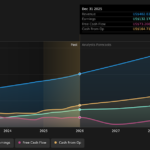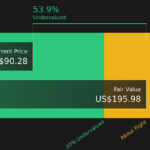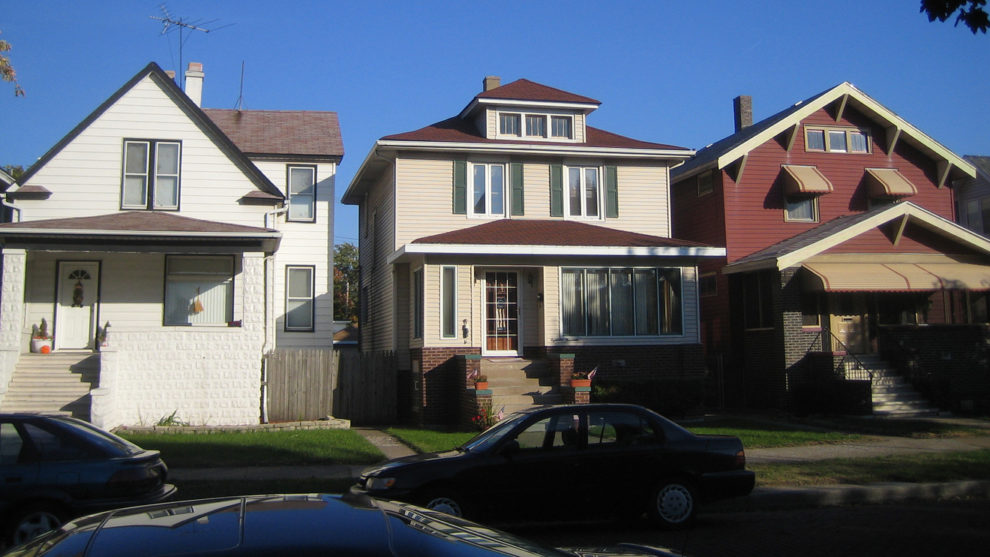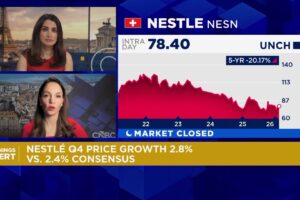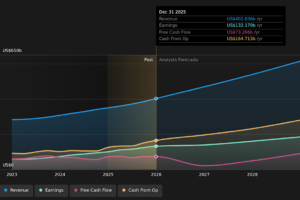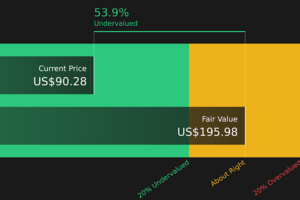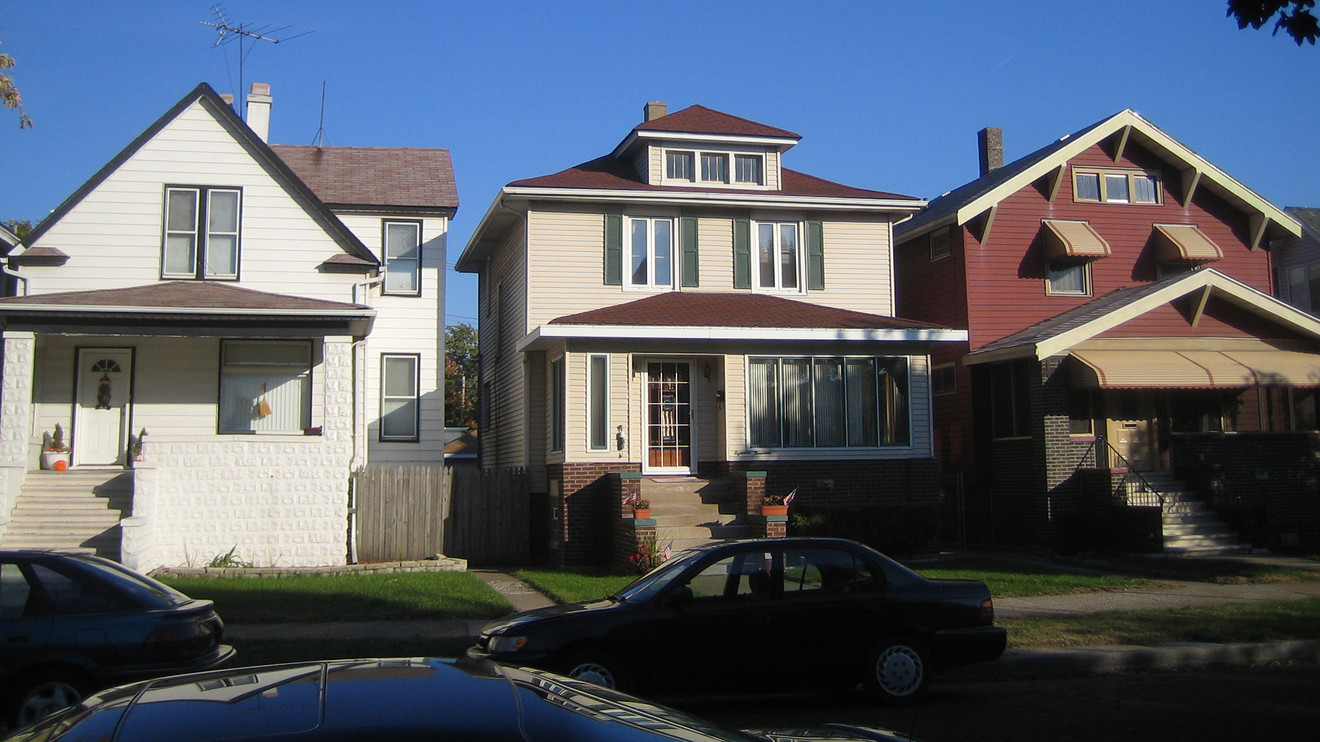
Mortgage rates remained near another record low for the third straight week. If a new low comes, it may not be because the U.S. housing market is struggling.
The 30-year fixed-rate mortgage averaged 3.31% during the week ending April 16, representing a decline of two basis points from a week ago, Freddie Mac FMCC, +10.44% reported Thursday. A year ago, the 30-year fixed-rate mortgage averaged 4.17%.
The average rate for a 30-year home loan dropped to an all-time low of 3.29% in early March as concerns regarding the coronavirus outbreak began to mount.
The 5-year Treasury-indexed hybrid adjustable rate mortgage fell six basis points over this last week, averaging 3.34%. The 15-year fixed rate mortgage, meanwhile, increased three basis points to an average of 2.8%.
Read more:Are you a homeowner seeking forbearance on your mortgage? Watch out for these red flags
Theoretically, mortgage rates could be even lower if these were normal circumstances, said Danielle Hale, chief economist for Realtor.com. “Under normal circumstances, the high volume of money currently parked in the bond market would have likely led to a drop in interest rates to at least 2%, Hale said. “But instead, rates remained roughly consistent this week.”
(Realtor.com is operated by News Corp NWSA, -5.54% subsidiary Move Inc., and MarketWatch is a unit of Dow Jones, which is also a News Corp division.)
Historically, mortgage rates have roughly tracked the direction of the yield on the 10-year Treasury note TMUBMUSD10Y, 0.671% , which dipped below 0.7% in recent days. But investors and lenders have grown concerned about borrowers’ ability to repay loans.
That has limited interest in mortgage-backed securities, which in turn has limited lenders’ ability to lower rates much further than they already have. And with a growing number of Americans losing their jobs or being furloughed as a result of the coronavirus pandemic, lenders are growing stingier in terms of who they will give a mortgage to.
Also see:These U.S. housing markets are most vulnerable to a coronavirus downturn
As a result, lenders may increase loan pricing in some cases to account for the added risk they’re facing right now. Some banks have also imposed more stringent underwriting standards for new home loans, including higher credit scores and down payment requirements.
And borrowers who are looking for loans beyond those that qualify for government backing, such as jumbo mortgages, may face greater difficulty in getting them.
“Limits to forbearance offerings, not to mention high degrees of uncertainty around the credit worthiness of some borrowers, continue to restrict market activity for non-agency and unconventional loans,” said Matthew Speakman, an economist with Zillow ZG, -7.66%. “The outlook for the coming months remains very uncertain, so the appearance of a calmer market of late could be a mirage as the likelihood of a sharp move in financial markets is still quite high.”
But if mortgage rates do move in the weeks and months ahead, it won’t necessarily be because the housing market is struggling. Recent data has suggested that the housing sector has begun to bear the brunt of the coronavirus pandemic’s impact. Economists have forecast a major decline in home sales, and new-home construction has slowed considerably as a result of stay-at-home orders.
“While new monthly economic data are driving markets lower this week, they are a lagging indicator and should be priced in already,” said Sam Khater, Freddie Mac’s chief economist, in Thursday’s report. “Real time daily economic activity metrics suggest that the economy will likely not decline much further. Going forward, the key question is no longer the depth of the economic contraction, but the duration.”



